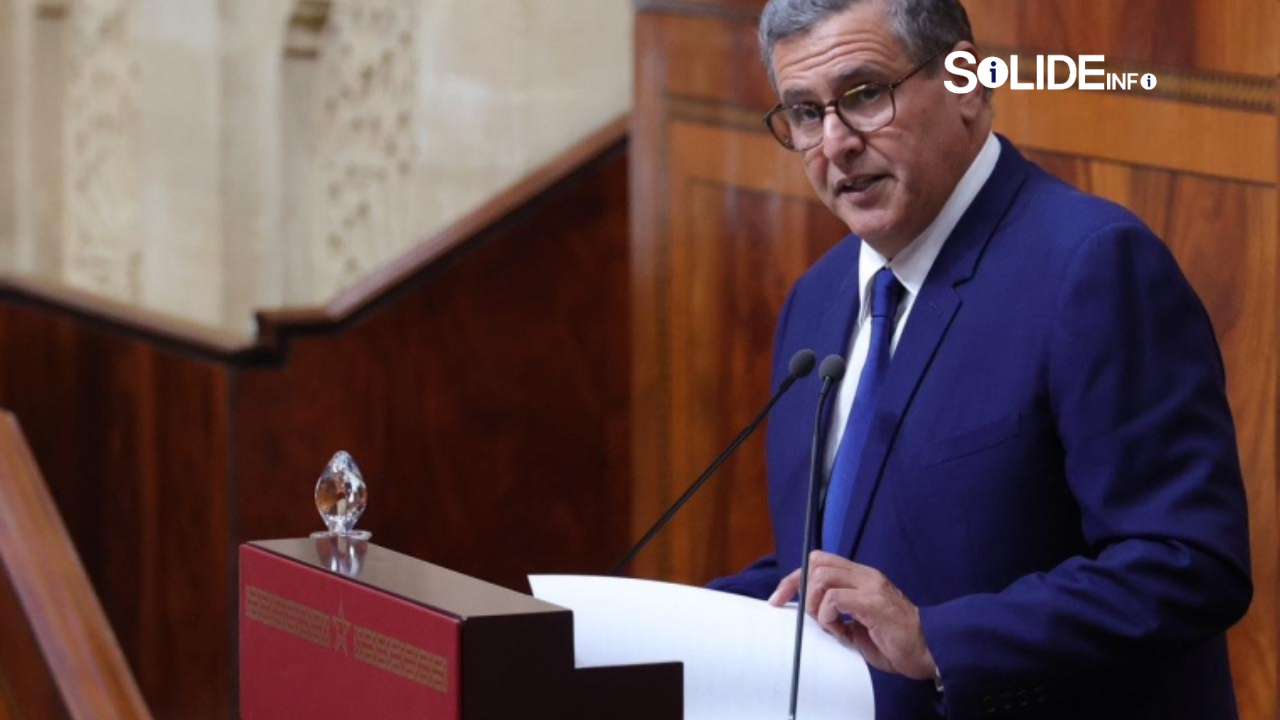Imagine walking into the sleek underground parking lot of Casablanca Finance City (CFC). Luxury cars line the rows—Jaguar, BMW, Mercedes—setting the tone for the world above: modern glass towers filled with individuals shaping deals worth millions. In this buzzing nucleus, business lawyers are the quiet force behind international mergers, financing arrangements, and large-scale investments. But who are these professionals? Let’s dive into their profiles, workplaces, roles, clients, and the unique challenges they navigate in Morocco’s top financial hub.
Formations, Backgrounds, and Specialties
The typical business lawyer at CFC is part of Morocco’s legal elite. They usually come from privileged social backgrounds and complete rigorous training at elite institutions. Their academic journey often includes a strong legal foundation from Moroccan universities, followed by advanced studies in Europe—particularly in France or Belgium. Degrees like the DJCE (Diplôme de Juriste Conseil d’Entreprise) from institutions like Paris II, ESSEC, or other prestigious European law schools are common.
A key milestone is often a stage—an internship—at renowned international law firms or foreign bar associations in cities like Paris, London, or The Hague. This global exposure equips them with not only legal know-how but also fluency in English and French, and sometimes Arabic—an invaluable asset in cross-border work.
These lawyers tend to specialize in fields that mirror the economic heartbeat of CFC: mergers and acquisitions, private equity, corporate law, banking and finance, tax, energy and infrastructure, international arbitration, and compliance with global standards (including anti-corruption and data protection). Their profiles reflect a blend of local roots and international finesse designed for complex, cross-boundary deals.
The Leading Law Firms at Casablanca Finance City
Within the towers and offices of CFC, several top-tier international and local firms stand out:
- Gide Loyrette Nouel: Frequently ranked as Tier 1 in Corporate/M&A for Morocco. With experts like Simon Auquier—an ESSEC and Paris II alumnus who has been registered at the Paris Bar since 2006—Gide is a key player in regional investments and large-scale acquisitions.
- A&O Shearman & Sterling, Clifford Chance, Baker & McKenzie, Norton Rose Fulbright, and DLA Piper: These global giants maintain offices or partnerships at CFC, serving both Moroccan and international clients. Baker & McKenzie has advised Amazon, Apple, and British American Tobacco in Morocco.
- Dentons Morocco and UGGC Africa: Harmonizing global reach with local insight, these firms cater to Moroccan and African businesses.
- Local yet renowned names like ADNA, ASAFO & Co., Bennani & Associés, CMS Francis Lefebvre Maroc, and Fidal Morocco also operate in or near CFC, offering comprehensive services in M&A, private equity, infrastructure, and arbitration.
These firms have positioned themselves as bridges between Morocco and the globe. Operating in state-of-the-art facilities within CFC towers, they reinforce Morocco’s ambition to be an African gateway for capital and expertise.
The Role of Business Lawyers in the Broader Ecosystem
Business lawyers in CFC are far more than legal advisors; they are vital architects of economic transformation. Their daily work focuses on structuring investment vehicles, guiding M&A transactions, setting up joint ventures, and advising on public–private partnerships—especially in energy, infrastructure, and sustainable development.
They also facilitate access to Morocco’s attractive fiscal incentives and streamlined foreign exchange processes—two key benefits of CFC status—creating appeal for international investors. Beyond commercial deals, many lawyers contribute to the region’s regulatory development by engaging with government bodies, investors, and financial institutions to shape legal environments favorable to business growth.
Firms like Fidal note their pivotal role in advancing regional development by responding to the needs of economic actors operating in Morocco and across Africa. This highlights how legal expertise supports not only individual deals but also broader continental ambitions.
Who Are the Clients Behind the Deals?

Business lawyers at CFC serve an impressive variety of clients, reflecting Morocco’s position as both a domestic heavyweight and a regional gateway:
- Moroccan corporate leaders: Major industrial and financial groups like OCP, leading banks such as BMCI or Société Générale, Bank of Africa, and players in energy, insurance, and infrastructure.
- Global multinationals: Names like Amazon, Apple, ENGIE, Veolia, and LafargeHolcim turn to CFC lawyers for support setting up operations or investing in Africa.
- Investment funds and financiers: Private equity firms, family offices, venture capital groups, and development banks (e.g., IFC, African UEMOA funds) make up a sizable portion of their client base. Gide, for instance, advises both investment funds and the International Finance Corporation on regional transactions.
- Entrepreneurs and emerging enterprises: Fast-growing SMEs and startups in Morocco and neighboring countries seek legal help with capital raises, setting up holding structures, or entering new African markets.
- Public sector and regulators: Governments or state-owned entities working on privatizations, infrastructural projects, or litigation involving investment disputes also rely on CFC-based legal counsel.
In short, their clients range from financial giants and industrial conglomerates to innovative startups and public agencies—all united by cross-border ambitions and the need for high-quality legal guidance.
The Unique Challenges They Face
While the legal spotlight on CFC lawyers shines bright, it also highlights several hurdles:
1. Keeping Up with Global Standards
With investments crossing continents, lawyers must be experts in international compliance—anti-bribery laws, data protection regulations, sanctions, ESG (Environmental, Social, and Governance) requirements, and more. Mastering these complex layers demands continuous training and vigilance.
2. Navigating Morocco’s Evolving Legal Framework
Morocco’s legal system for financial activities and foreign investment is dynamic. Frequent updates in corporate law, tax regulations, and sector-specific policies—especially in energy and infrastructure—require lawyers to stay ahead of the curve, anticipating shifts before transactions are underway.
3. Fierce Competition
International firms partner with local counsel, raising the bar in terms of service, innovation, and pricing. Competition from within Morocco is also growing: as the number of lawyers in Casablanca surged to over 3,700 (as of 2016), firms must differentiate themselves through quality, specialization, and technological adoption.
4. Cooperation vs. Competition with Foreign Barriers
Foreign lawyers cannot appear alone in Moroccan courts, which means they must collaborate closely with locally qualified colleagues. This adds a layer of coordination—and an element of complexity—to transnational work.
5. Upholding Reputation and Ethical Standards
Acting for powerful clients carries risks; media scrutiny or public interest in high-stakes litigation can escalate. Lawyers in this niche must strike a balance between zealous representation and upholding the Rule of Law, building trust both at home and abroad.
Casablanca Finance City is much more than corporate offices and luxury cars—it’s a powerhouse enabling global projects and shaping economic trajectories across Africa. At its heart sit business lawyers whose refined training, international fluency, and strategic insight guide deals that matter.
They are more than legal advisors; they are connectors, facilitators, and visionaries supporting Morocco’s ascent as a continental financial hub. In a rapidly changing world, their value lies not only in legal acumen but in the ability to anticipate change, build consensus, and craft solutions that bridge across borders.
Internal links for further reading:
Explore detailed insights about Moroccan law firms and investment trends through these solid resources:
External links for authority and SEO boost:
- Laws and status of Casablanca Finance City on the official Casablanca Finance City Authority
- Chambers Europe rankings of top law firms in Morocco
- IFC insights on private equity trends in Africa
With this outlook, we peek behind the scenes to reveal the people who ensure complex financial narratives in Africa not only unfold—but succeed.



